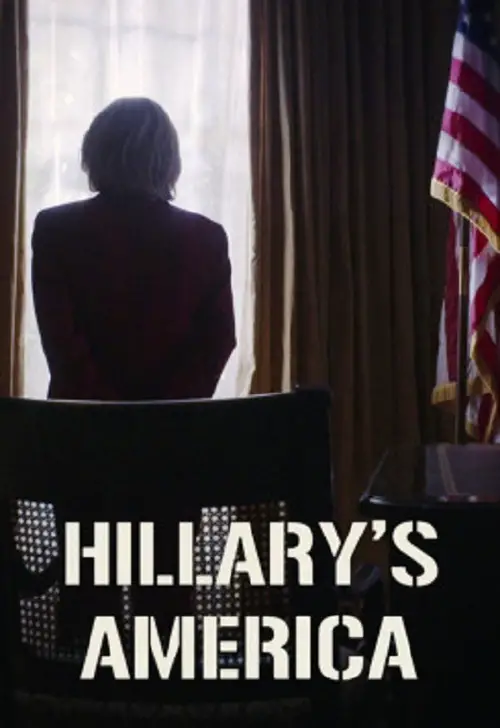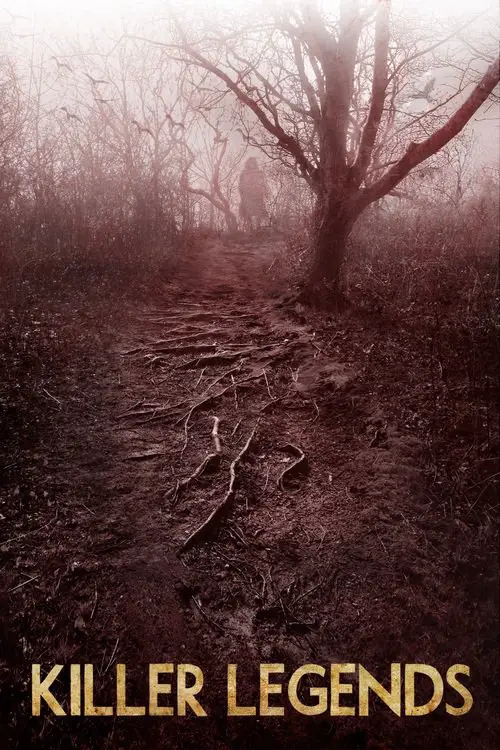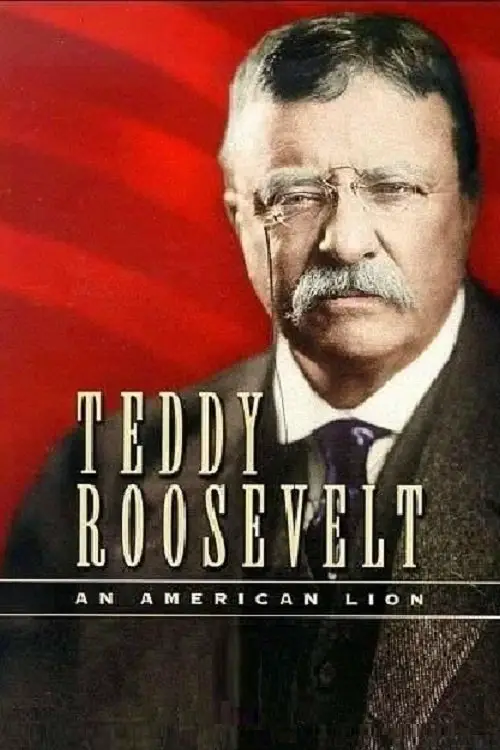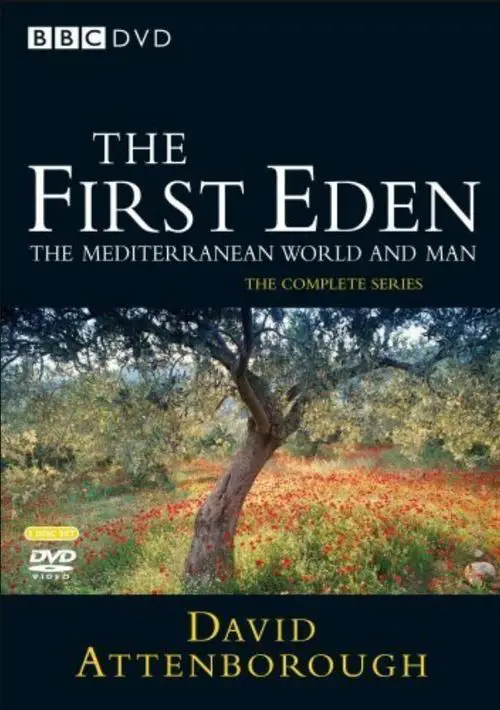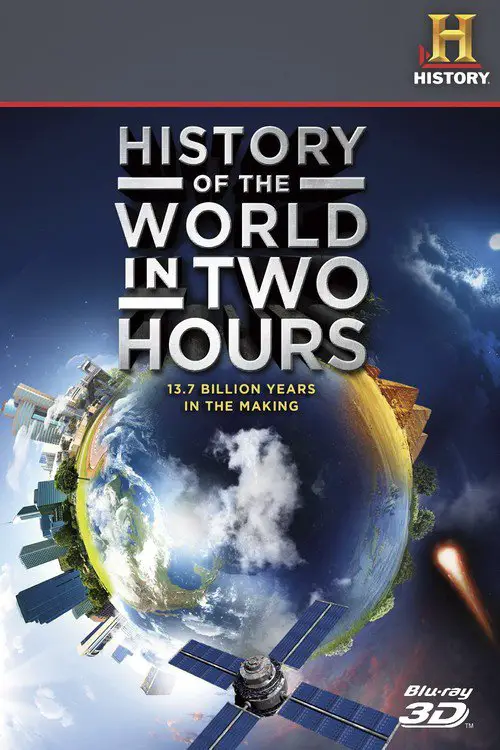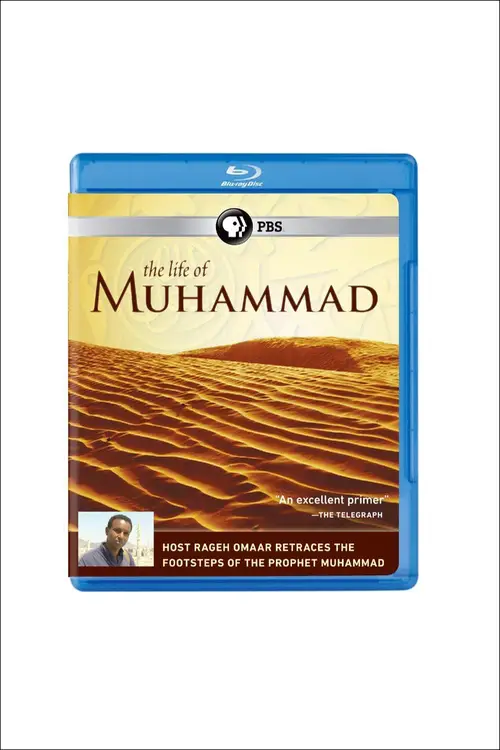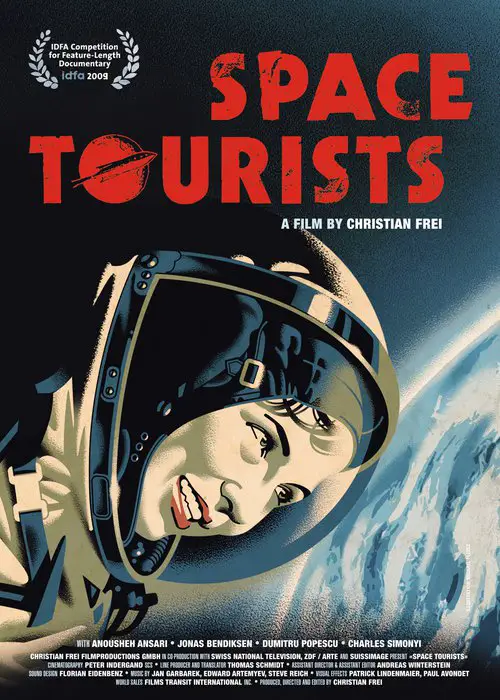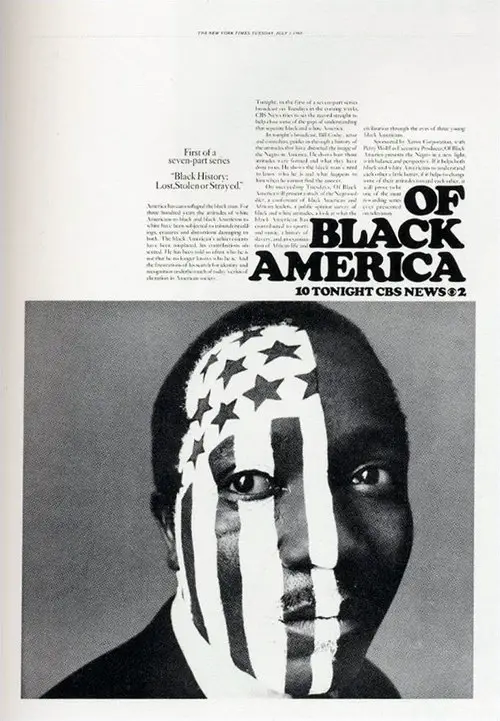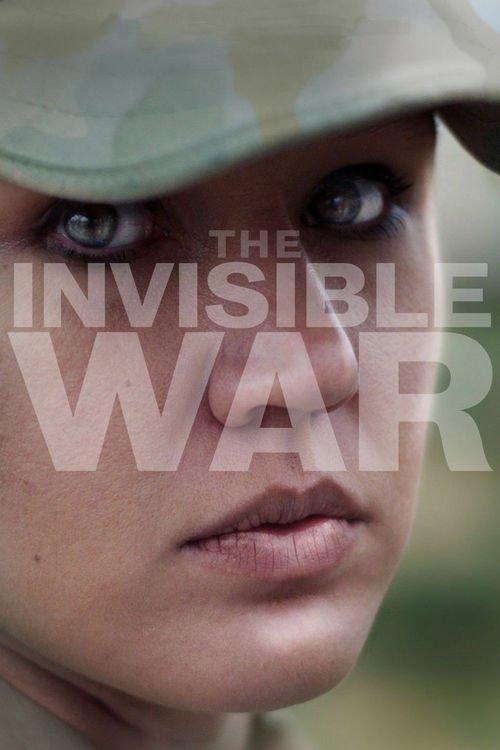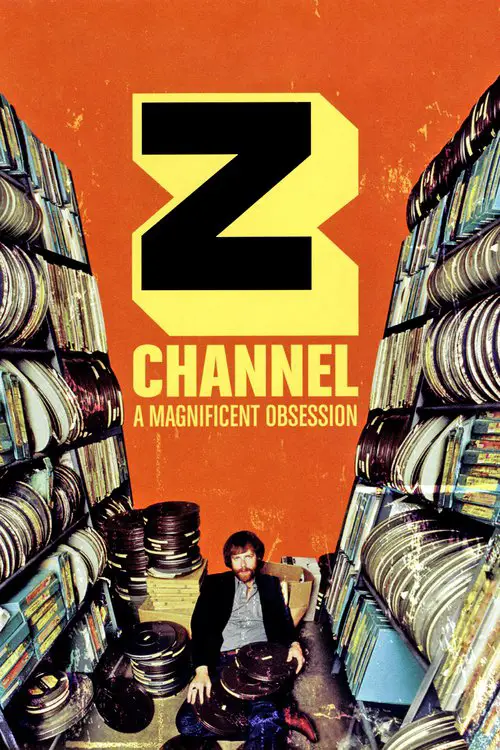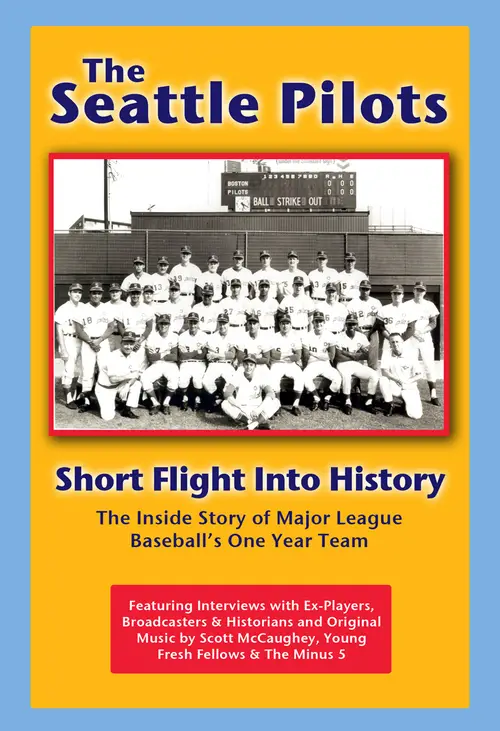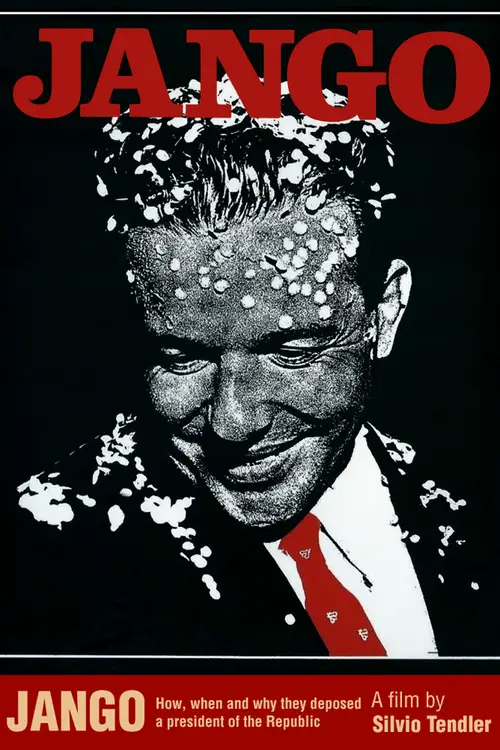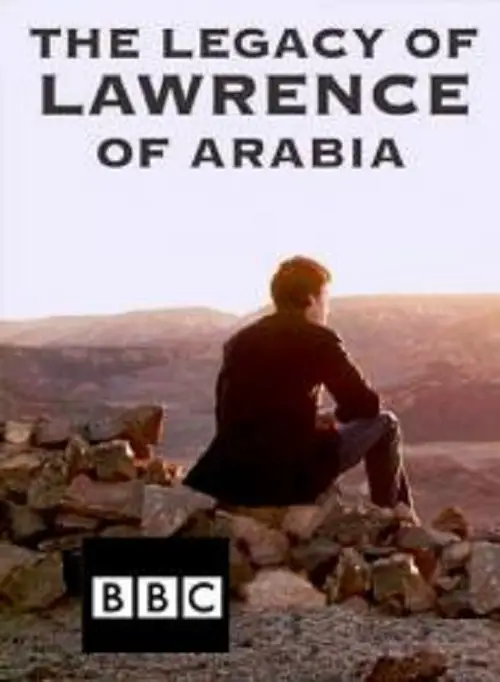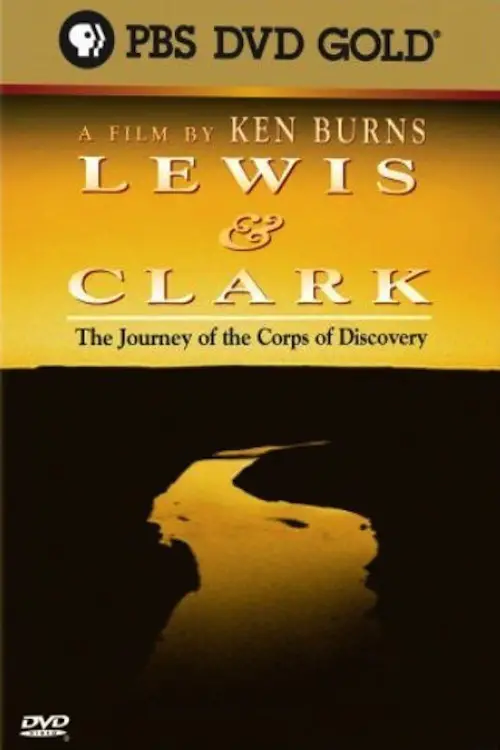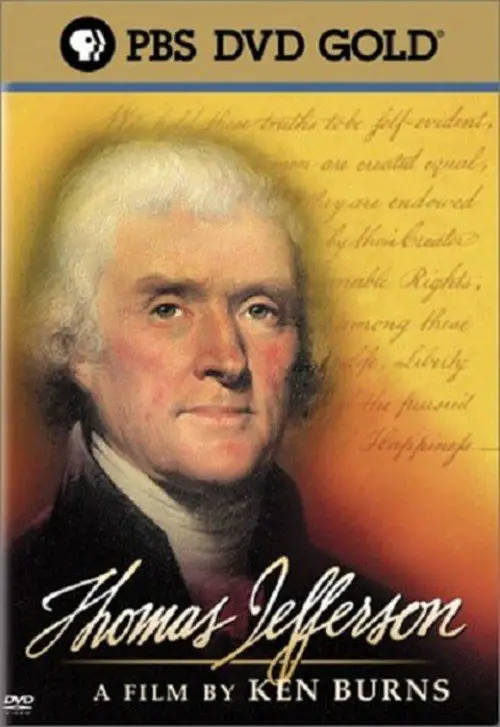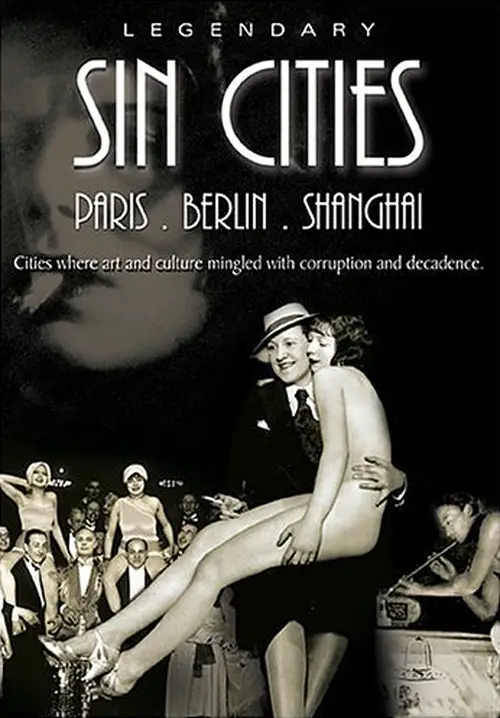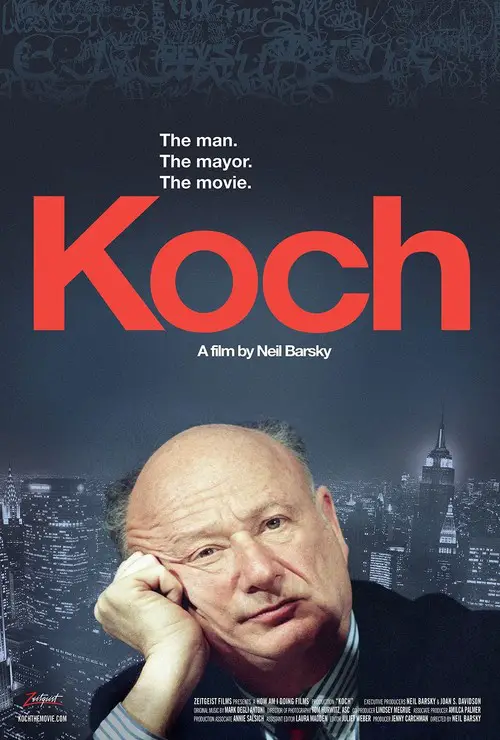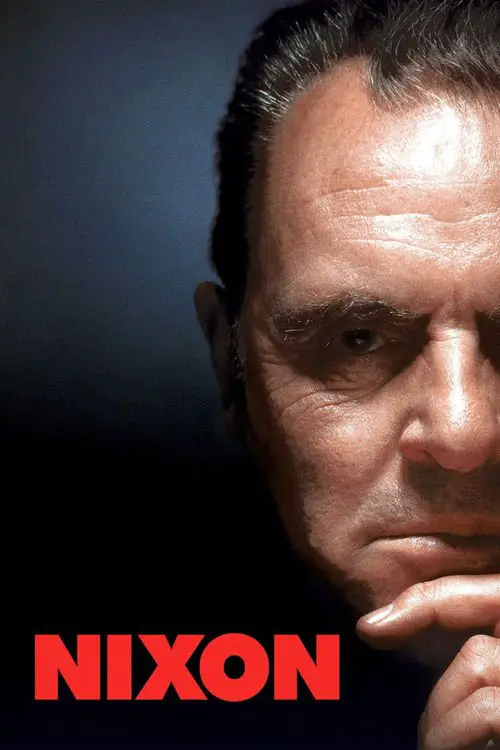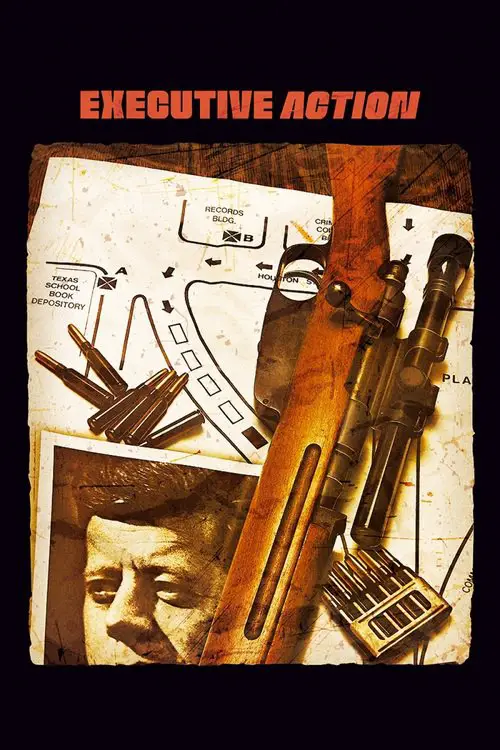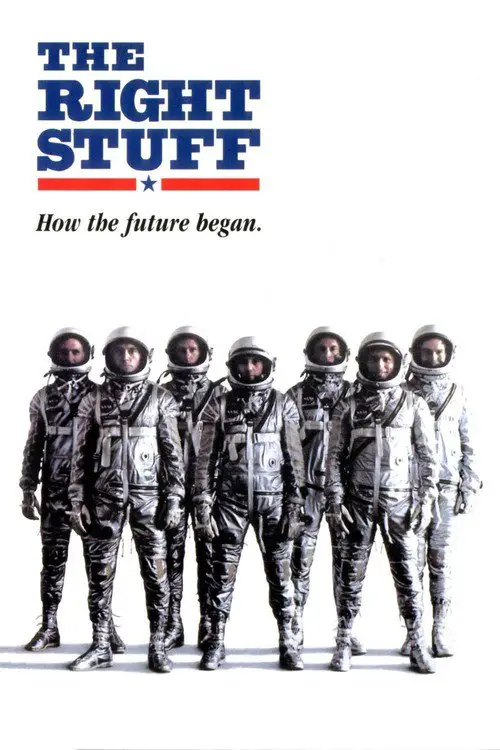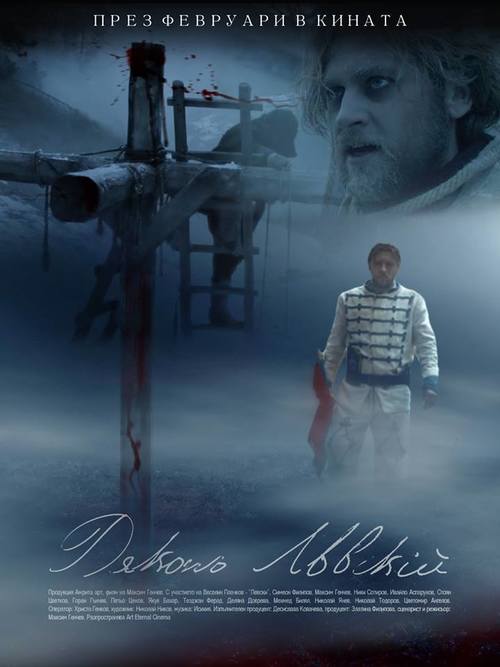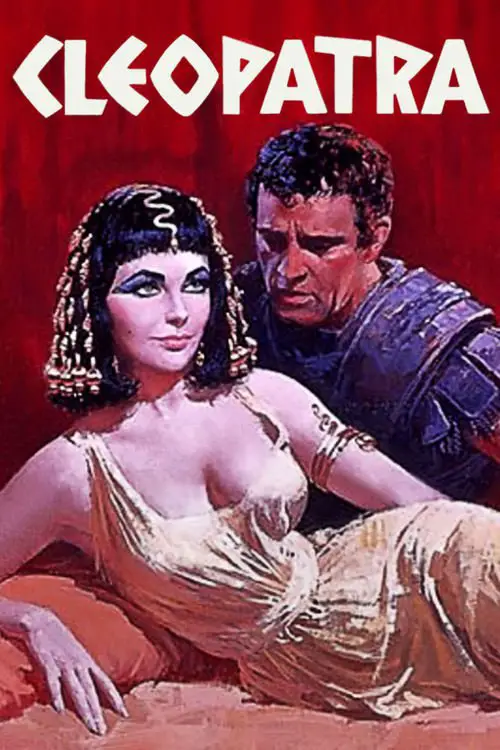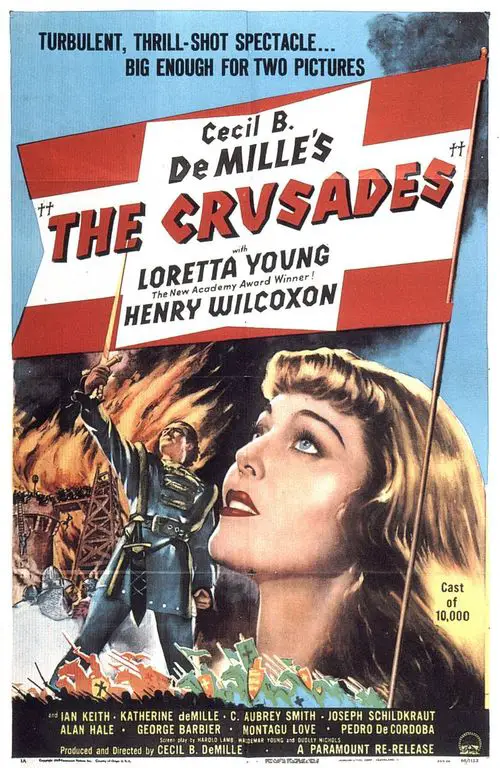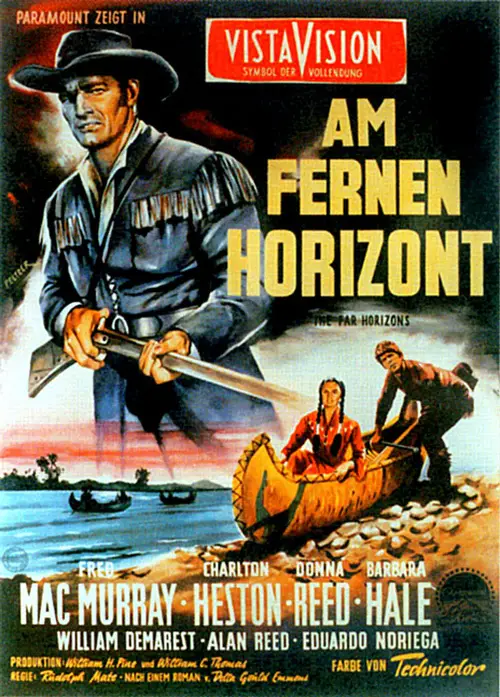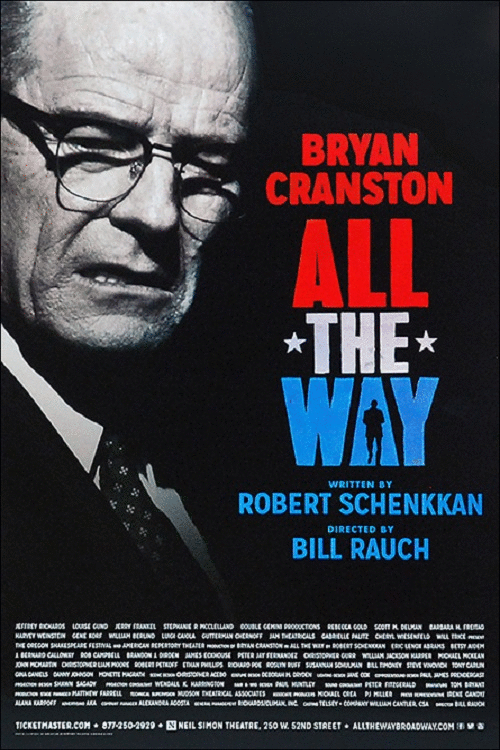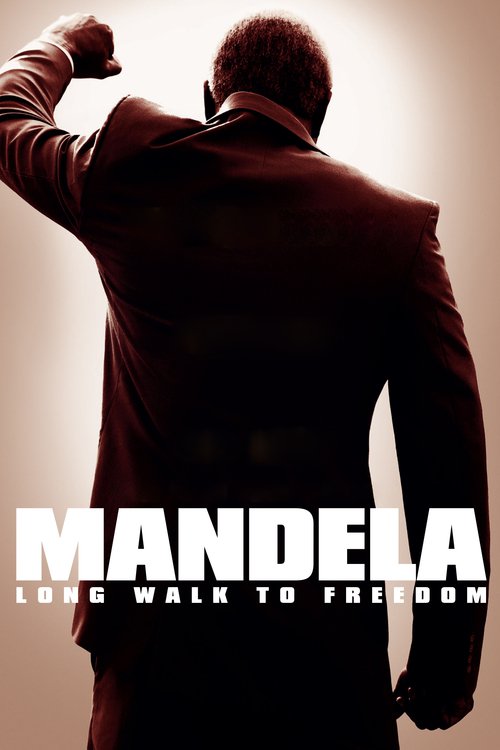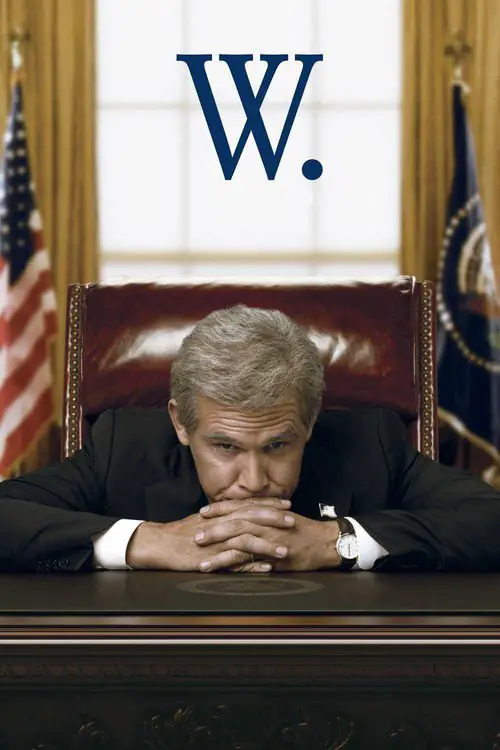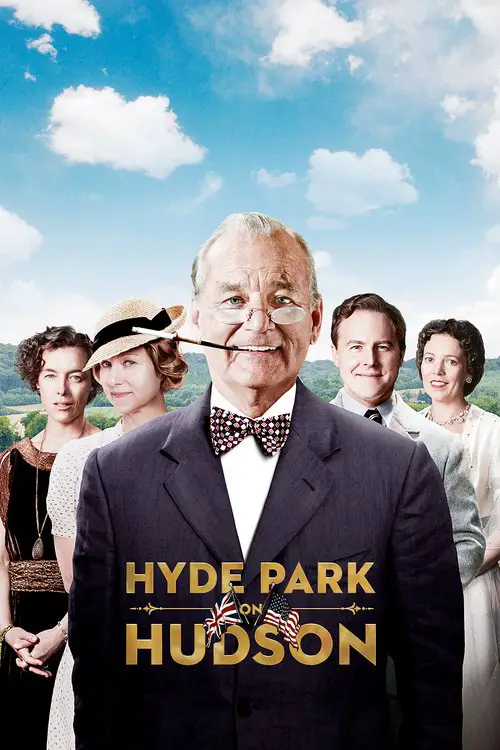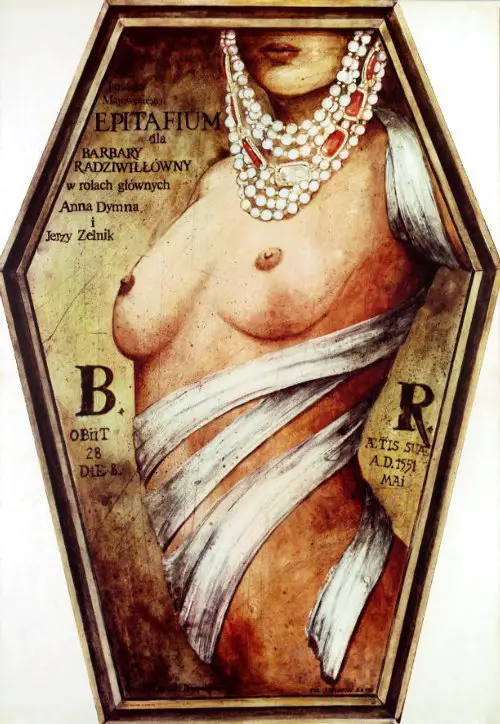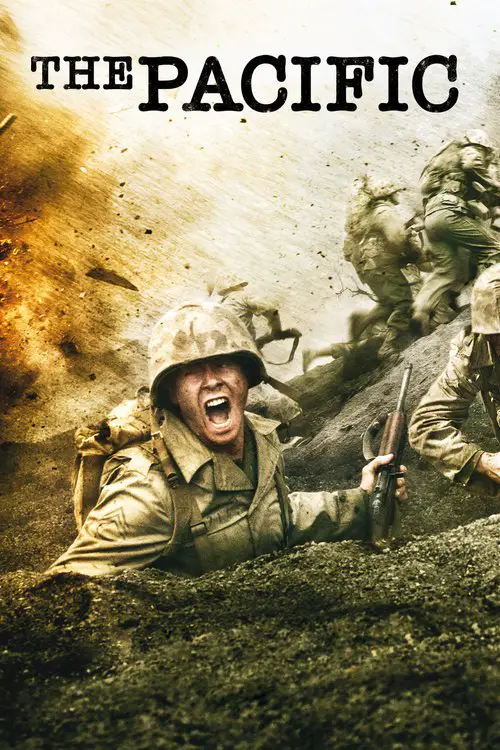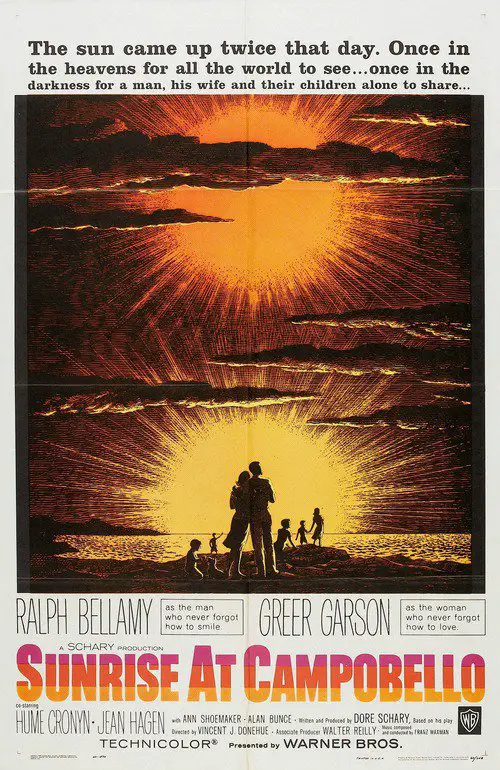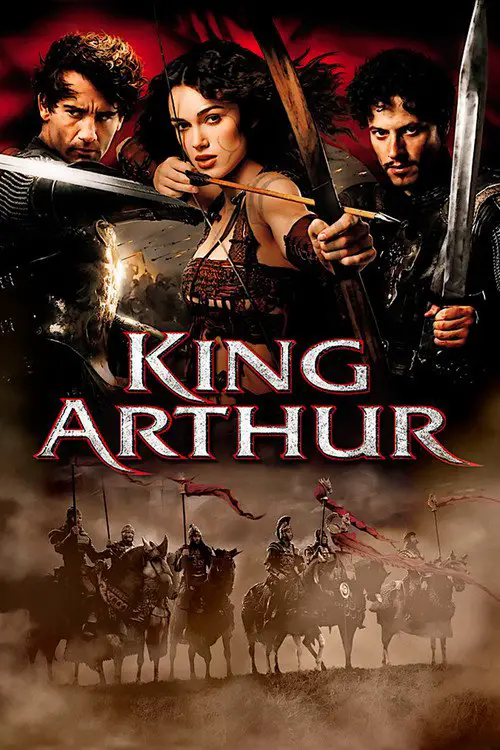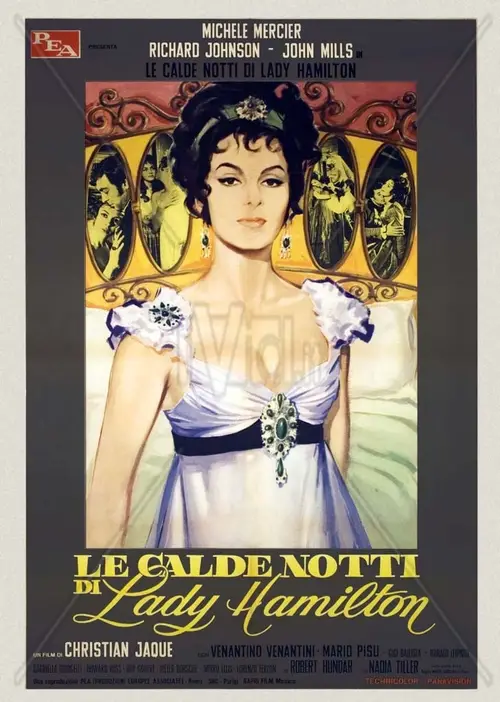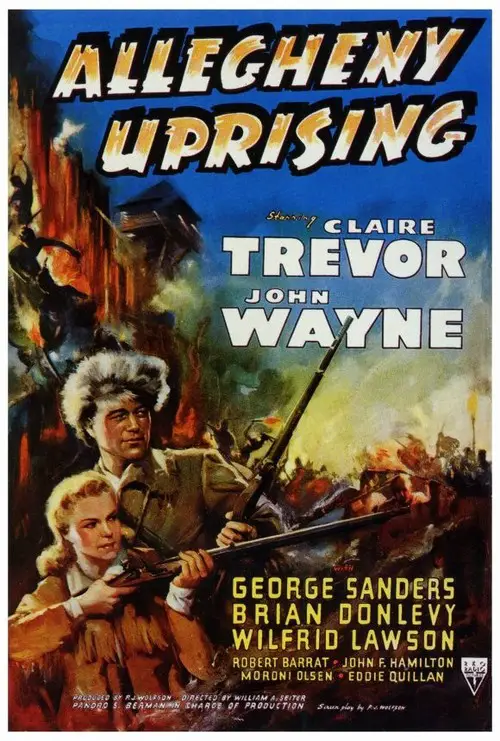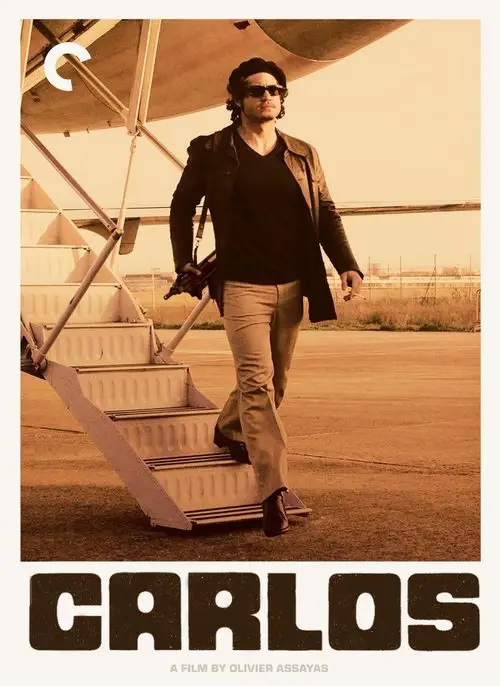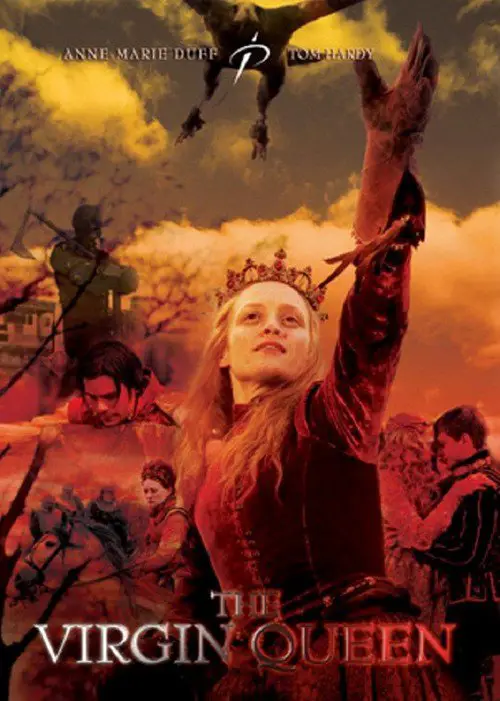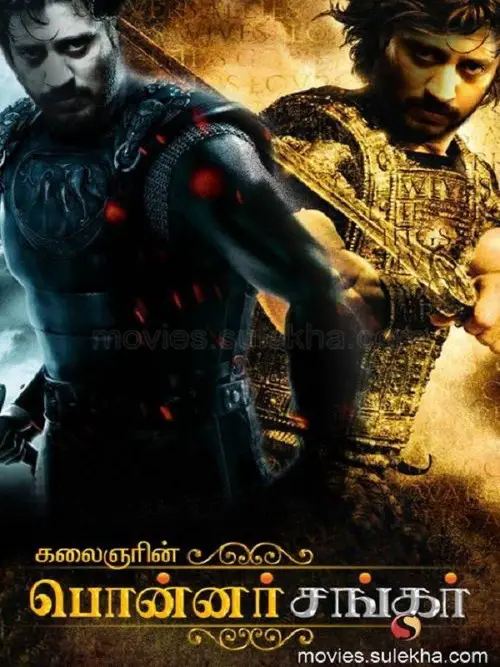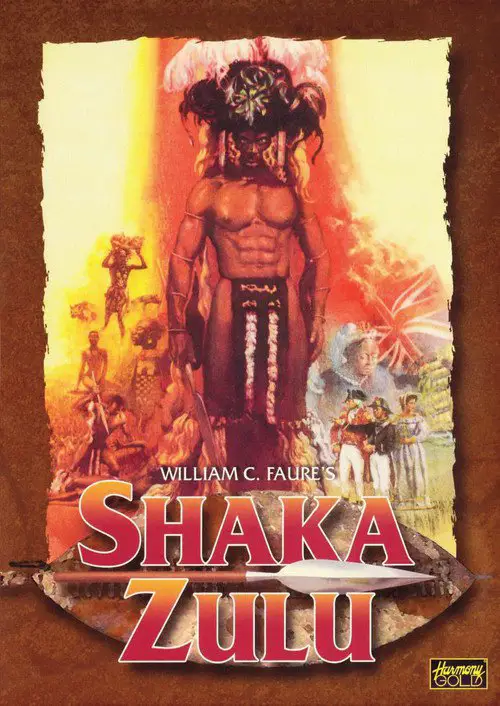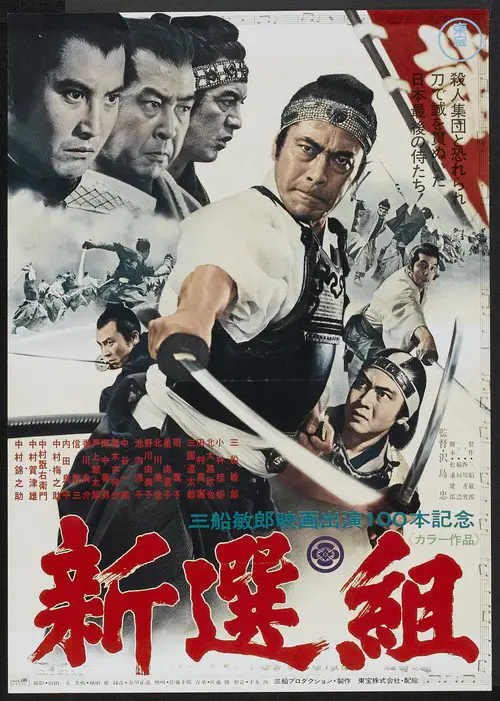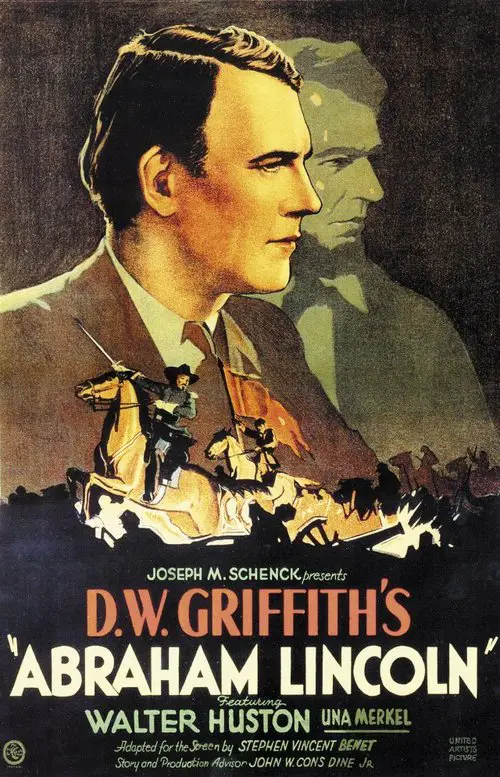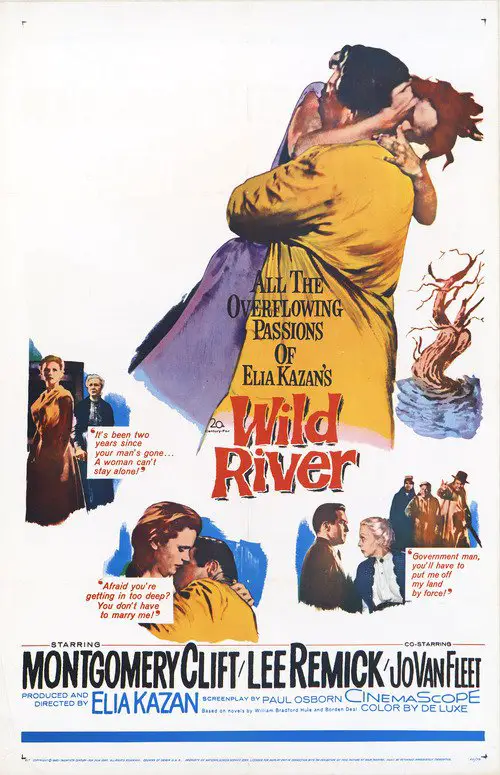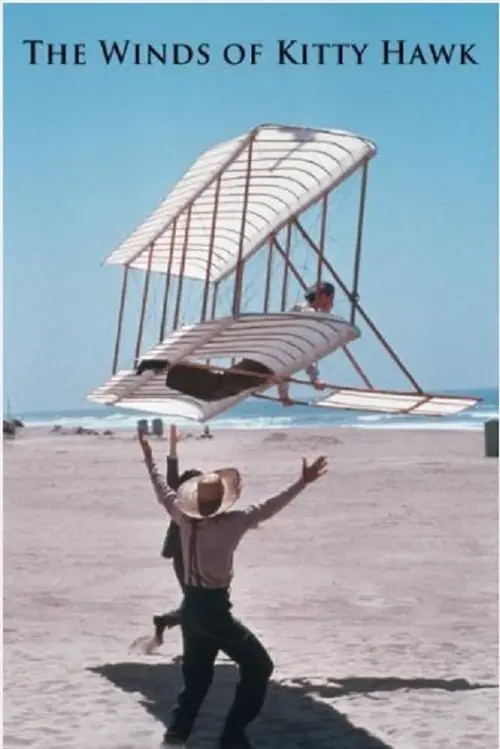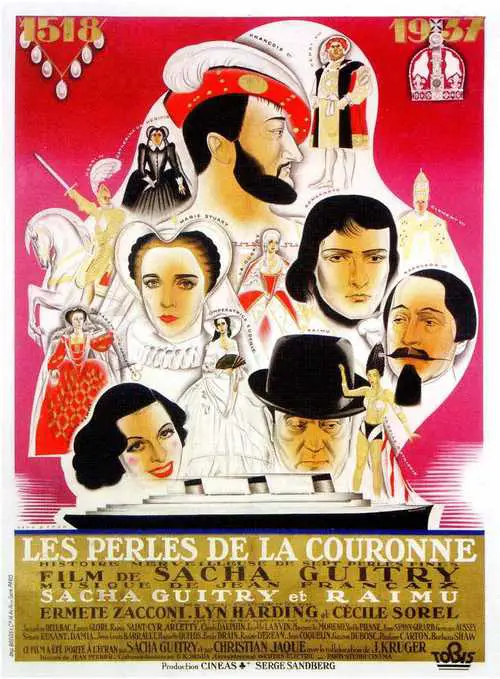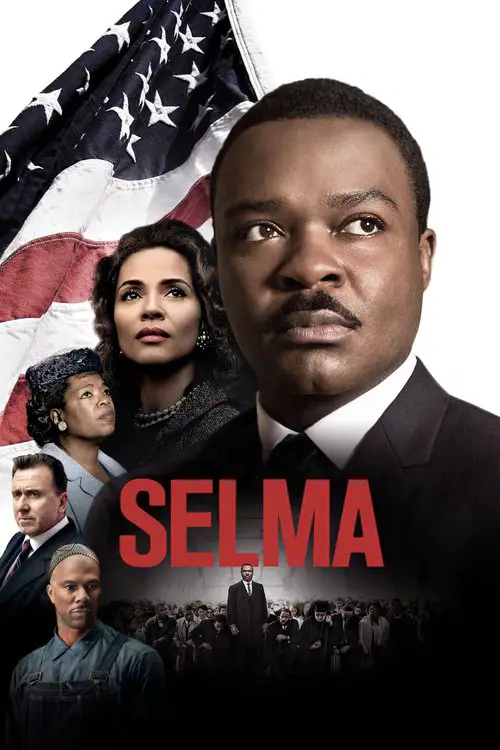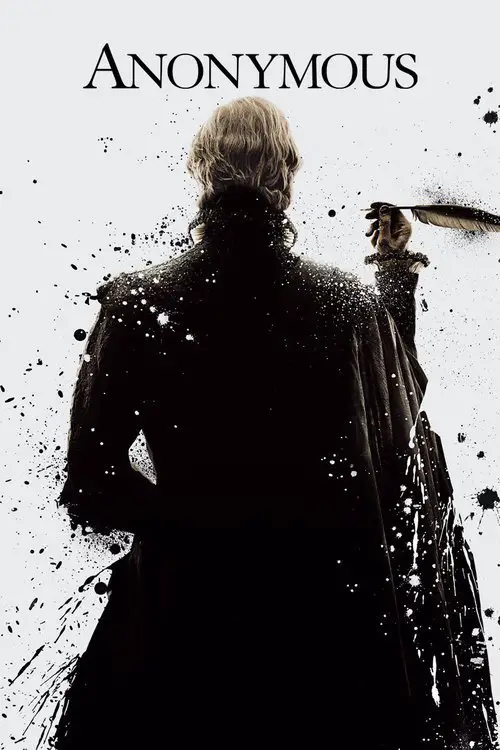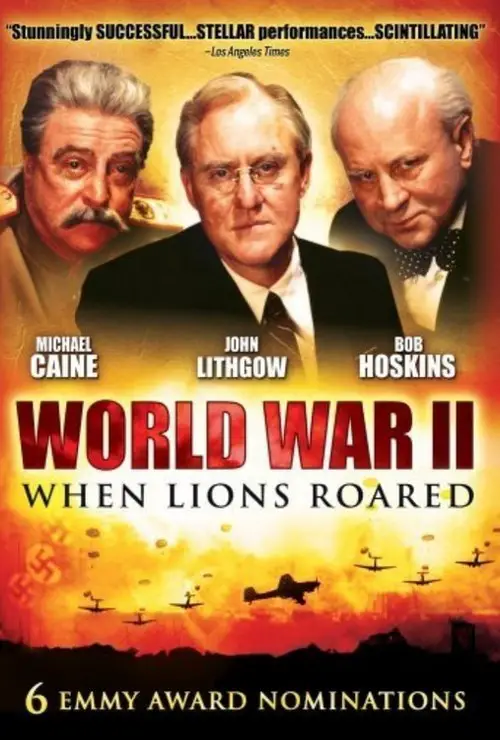The Roosevelts: An Intimate History (2014)
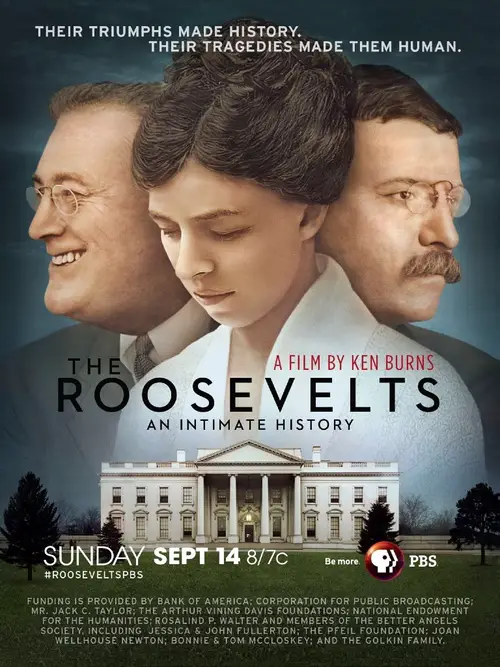
Similar movies
Using archival footage, United States Cabinet conversation recordings, and an interview of the eighty-five-year-old Robert McNamara, 'The Fog of War' depicts his life, from working as a WWII Whiz Kid military officer, to being the Ford Motor Company's president, to managing the American Vietnam War, as defense secretary for presidents Kennedy and Johnson.
Did you know that 1% of the white noise you see on old televisions is background radiation from The Big Bang? That the gold on a wedding ring comes from a star that exploded 5 billion years ago? And, that we're connected to the salt water of the first oceans through the water in our bodies? Our human story is actually 14 billion years old and the clues are all around us. This CGI-driven special will tell the history of our world in two hours, an ambitious story that will give surprising connections to our daily lives. From the formation of the earth and the emergence of life, to the advance of man and the growth of civilization, itâs a rapid-fire view of our unforgettable story.
The Surprising History of Sex and Love is a documentary presented by Terry Jones, looking at the different and surprising attitudes to sex and love throughout history. The documentary traces the story of changing social and religious attitudes to sex through a broad swathe of history. Starting with the place of âsacred sexâ in the ancient world and ending with a discussion of the contemporary relationship between sex, marketing and prurience, the film offers some kind of map of how we got from there to here, and indicates that changes in sexual attitudes are connected with issues of power and control.
In his most recent work, Christian Frei turns to an age-old dream of man: to leave our planet as a «normal person» and travel into outer space. For 20 million dollars, the American Anousheh Ansari was able to fulfil this childhood dream. This documentary follows her journey into space and shows everyday life as it is on the International Space Station.
Did you know that the first open-heart surgery was performed by a Black doctor, Daniel Hale Williams? Not many people did in 1968, the year this eye-opening film, narrated by Bill Cosby, was first released. Many still don't today. "Black History: Lost, Stolen or Strayed" reviews the numerous contributions of African-Americans to the development of the United States. From the perspective of the turbulent late 1960s, the fact that their positive roles had not generally been taught as part of American history, coupled with the pervasiveness of derogatory stereotypes, was evidence of how Black people had long been victims of negative attitudes and ignorance. Viewing this film today offers students and adults an opportunity to explore their own perspectives - to examine how things have changed in their lives and those of their parents, as well as how troubling stereotypes still persist four decades later.
In the First World War, T.E Lawrence helped to unite feuding Arab tribes into a formidable guerrilla army which helped to topple the Ottoman Empire. But today Lawrence has an extraordinary new relevance. His experiences of defeating a foreign military occupation, and of leading an insurgency, have led to him being held up as the man who cracked fighting in the Middle East. Lawrence had aimed, he said, âto write his will across the skiesâ and build a new independent Arab nation, but in these two films Rory Stewart shows how Lawrence felt his dream ended in catastrophe and shame. Drawing a comparison between Lawrence's experience and today, Rory explains how Lawrence came to the conclusion that foreign military interventions in the Middle East are fundamentally unworkable. He concludes, 'Looking at Iraq and Afghanistan today, I believe very strongly that Lawrence's message would not have been do it better, do it more sensitively, but don't do it at all.'.
Sent by President Thomas Jefferson to find the fabled Northwest Passage, Meriwether Lewis and William Clark led the most important expedition in American historyâ a voyage of danger and discovery from St. Louis to the headwaters of the Missouri River, over the Continental Divide to the Pacific. It was the United States' first exploration of the West and one of the nation's most enduring adventures. This extraordinary film tells the remarkable story of the entire Corps of Discoveryâ not just the two famous Captains, but the young army men, French-Canadian boatmen, Clark's African-American slave, and the Shoshone woman named Sacagawea, who brought along her infant son. Journey with them all, across a breath-taking landscape in an unforgettable experience that explores both the historyâ and promiseâ of America.
Of all the remarkable events of this century perhaps the most fascinating has been the spontaneous growth, flowering and then decay of a handful of great cities. These cities were places where art, culture and political liberties co-mingled with corruption, brutality and decadence. Everything and just about anyone could be bought and sold. The immigrant would struggle beside the artist. Gamblers, thieves and prostitutes co-habited with soul-savers, the rich and the powerful. The exhilarating combination of the seamy with the sublime made these places a magnet for all the lost souls and refugees of the world. Pushing the limits of tolerance and freedom, they defined the social, political and sexual culture of the 20th century. Their names ring out: Paris of the '20s, Berlin of the '20s and '30s and Shanghai of the '30s.
Tom Wolfe's book on the history of the U.S. Space program reads like a novel, and the film has that same fictional quality. It covers the breaking of the sound barrier by Chuck Yeager to the Mercury 7 astronauts, showing that no one had a clue how to run a space program or how to select people to be in it. Thrilling, funny, charming and electrifying all at once.
The movie is about the great historical figure Vasil Levski. It follows three different plot lines: the relationship with his mother, Gina, the relationship with his loved one, Ana, and the plans for freeing Bulgaria from the Ottoman Empire. The movie starts in 1846 and follows Vasil Levski's whole life until his hanging in 1873.
Historical epic. The triumphs and tragedy of the Egyptian queen, Cleopatra.The winner of four Oscars, this epic saga of love, greed and betrayal stars Elizabeth Taylor as the passionate and ambitious Egyptian queen who's determined to hold on to the throne and seduces the Roman emperor Julius Caesar (Rex Harrison). When Caesar is murdered, she redirects her attentions to his general, Marc Antony (Richard Burton), who vows to take power -- but Caesar's successor (Roddy McDowall) has other plans.
In the run-up to the 1972 elections, Washington Post reporter Bob Woodward covers what seems to be a minor break-in at the Democratic Party National headquarters. He is surprised to find top lawyers already on the defense case, and the discovery of names and addresses of Republican fund organizers on the accused further arouses his suspicions. The editor of the Post is prepared to run with the story and assigns Woodward and Carl Bernstein to it. They find the trail leading higher and higher in the Republican Party, and eventually into the White House itself.
Whether you love him or hate him, there is no question that George W. Bush is one of the most controversial public figures in recent memory. W takes viewers through Bushâs eventful life -- his struggles and triumphs, how he found both his wife and his faith, and of course the critical days leading up to Bushâs decision to invade Iraq.
The story of Franklin Roosevelt's bout with polio at age 40 in 1921 and how his family (and especially wife Eleanor) cope with his illness. From being stricken while vacationing at Campobello to his triumphant nominating speech for Al Smith's presidency in 1924, the story follows the various influences on his life and his determination to recover - based on the award winning Broadway play of the same name.
This 2004 version of the Arthurian legend is different from the traditional, as it is loosely based on the "Sarmatian hypothesis", formulated by C. Scott Littleton and Ann C. Thomas in 1978, which holds that the Arthurian legend has a historical nucleus in the Sarmatian heavy cavalry troops stationed in Britain, and that the Roman-British military commander Lucius Artorius Castus is the historical person behind the legend.
Emma Hamilton is a 1968 historical drama film directed by Christian-Jaque and starring Michèle Mercier, Richard Johnson and John Mills.[1] It was based on the novel La San-Felice by Alexandre Dumas and depicts the love affair between Emma Hamilton and Horatio Nelson. It was a co-production between Italy, West Germany, France and the United States.
Spartacus is a 1960 American historical drama film directed by Stanley Kubrick and based on the novel of the same name by Howard Fast about the historical life of Spartacus and the Third Servile War. The film stars Kirk Douglas as the rebellious slave Spartacus who leads a violent revolt against the decadent Roman empire. The film was awarded four Oscars and stands today as one of the greatest classics of the Sword and Sandal genre.
Allegheny Uprising is a 1939 film produced by RKO Pictures, starring Claire Trevor and John Wayne as pioneers of early American expansion in south central Pennsylvania. Clad in buckskin and a coonskin cap (as he would be a decade later in The Fighting Kentuckian), Wayne plays real-life James Smith, an American coping with British rule in colonial America. The film is loosely based on a historical event known as the Black Boys Rebellion during the 1760s.
The Virgin Queen explores the full sweep of Elizabeth's life: from her days of fear as a potential victim of her sister's terror; through her great love affair with Robert Dudley; into her years of triumph over the Armada; and finally her old age and her last, enigmatic relationship with her young protégé, the Earl of Essex.
Ponner Sankar is based on historical novel written by Kalangir M. Karunanidhi. Story is about the two warriors, both are brothers named Ponner and Sankar living in Kongu Nadu (present day Coimbatore, Erode etc..). This is a historical movie and these two warriors are even worshipped today at most of the above mentioned part of Tamil Nadu.
Framed around Queen Victoria's decision on England's political stance towards the Zulu Nation, this mini-series details King Shaka's rise and fall with mythic detail. Prophecy is mixed with recorded fact regarding Shaka's birth, exile, innovations in warfare, assumption of the throne, building of the Zulu Empire, first contact with Europe and the events that lead to his downfall.
Near the end of the nineteenth century, as the balance of power shifts from Shogunate towards the Emperor, Japan restlessly awaits the dawning of a new age. But not all are content...The Shinsengumi, a small army of samurai, farmers and peasants, band together to do battle against the tide of history. Their leader, Isami Kondo (Mifune) is a man who rises from farmer to fighter to head the fierce Shinsengumi brigade. Using a stern hand and a heart of gold, he rallies his men in defense of the tottering Shogunate. But bloodshed and treachery lurk around every corner.
Silent film master D.W. Griffith's first talkie works as a companion piece to his classic BIRTH OF A NATION, providing a detailed biographical sketch of the 16th president. We see his birth in a log cabin, the tragic death of his first love, Ann Rutledge (Una Merkel), his debates with Douglas, his accepting of the presidency, the terrible toll of the Civil War, and finally the tragic assassination at Ford's Theater. Griffith shows his usual meticulous attention to period detail, and the framing of the various vignettes has the feel of historical photographs come to life. Walter Huston is excellent in the title role, with a portrayal that subtly evolves from laconic, wizened rascal to noble elder statesman. This is a fascinating, worthy film, and an interesting historical document in and of itself.
A young field administrator for the TVA comes to rural Tennessee to oversee the building of a dam on the Tennessee River. He encounters opposition from the local people, in particular a farmer who objects to his employment (with pay) of local black laborers. Much of the plot revolves around the eviction of an elderly woman from her home on an island in the River, and the young man's love affair with that woman's widowed granddaughter.
After proving himself on the field of battle in the French and Indian War, Benjamin Martin wants nothing more to do with such things, preferring the simple life of a farmer. But when his son Gabriel enlists in the army to defend their new nation, America, against the British, Benjamin reluctantly returns to his old life to protect his son.
Based upon the actual cables between Washington, London and Moscow during the Second World War, this TV-movie examines the relationship between the leaders of these countries throughout the conflict. Franklin D. Roosevelt (John Lithgow), Winston Churchill (Bob Hoskins) and Joseph Stalin (Michael Caine), spring to life as real but imperfect people who nevertheless are great leaders fighting a great war.
© Valossa 2015–2025
| Privacy Policy

